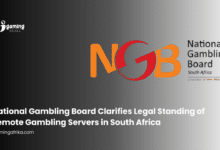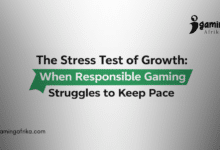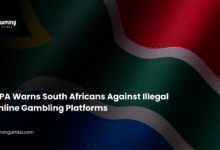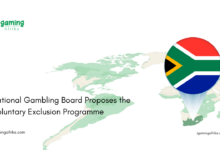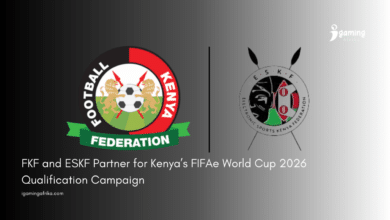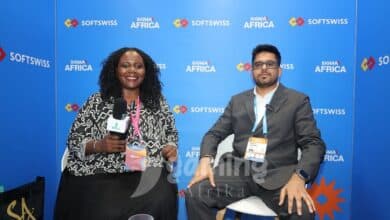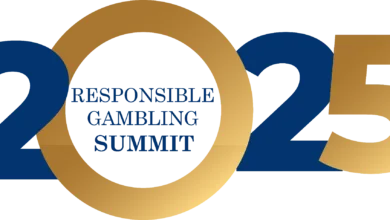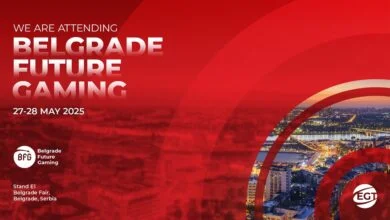SABA Urges Measures to Shield Grant Recipients from Illegal Online Gambling
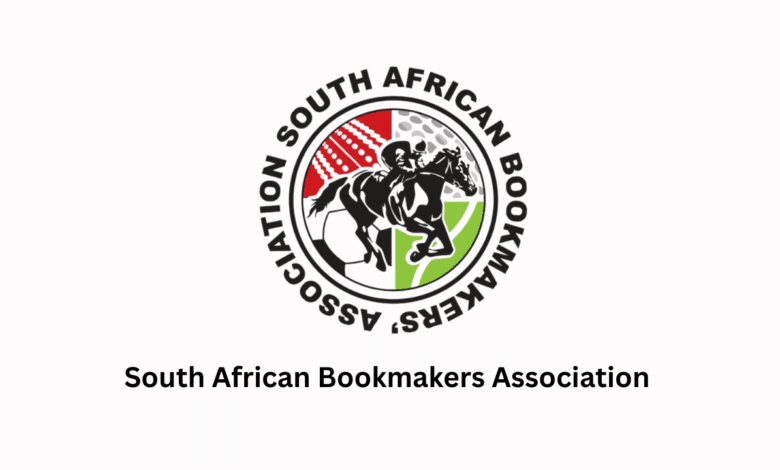
The South African Bookmakers Association (SABA) is advocating for stricter safeguards on social and NSFAS grants in response to the rapid expansion of illegal online gambling, which now represents roughly 62% of the nation’s gambling market, equivalent to R55 billion.
Industry figures indicate that over 16 million South Africans, around 27% of the population are engaging with unlicensed gambling sites, many based outside the country. On Tuesday, SABA announced it is working with the Department of Sport, Arts and Culture amid rising concerns that certain illegal international operators are sponsoring local and national sports teams.
According to SABA CEO Sean Coleman, a recent YieldSec study identified more than 2,000 illegal gambling operators and over 1,100 affiliate sites targeting South African consumers over the past year. Coleman emphasized that the illegal market nearly doubles the size of the legal sector in terms of gross gaming revenue. He expressed concern over highly addictive games like Aviator, which use rapid betting cycles to encourage intense play. Despite a 98.5% return-to-player rate, the game has a total betting volume of R1.5 trillion, illustrating the scale of the churn factor in these operations.
“So I just wanted to draw that distinction because there’s been a lot of focus about the R1.5trln and the fact that it includes the bet cycle. The guardrails with regards to SABA and NSFAS, it’s not within the banking sector,” Coleman said. “My understanding is that SABA will have a database of grant recipients via their ID numbers, and so will NSFAS. So it’s not to do with the bank, it’s to do directly with the Department of Social Development who would be the custodians of that SABA database. And then in terms of NSFAS, it would be the Department of Higher Education.”
To tackle the problem, SABA is engaging with the Departments of Social Development and Higher Education to access databases of grant recipients, enabling automatic exclusion of beneficiaries from online gambling. Proposed interventions include technology-driven solutions like Domain Name System (DNS) blocking and geofencing, strategies successfully employed in other jurisdictions such as the UK.
Read Also: Ethiopia Gambling Tax Changes Could Shift Players to Unlicensed Platforms
“Blocking and geofencing, slightly more stringent, restricting access to unlicensed sites based on the user’s geographic location. This is applicable in a number of jurisdictions and one that has worked very well in the UK with the UK Gambling Commission issuing cease and desist letters to various jurisdictions and ensuring that those sites are geoblocked to their customers,” Coleman emphasized.
In addition, SABA is engaging with the South African Banking Risk Information Centre (SABRIC), which has pledged to establish a task team focused on meaningful banking interventions. SABRIC and SABA signed a memorandum of understanding in late 2023 and have met twice in the past six months. Coleman stressed the critical role banks play in illegal gambling: “South African banks and credit card institutions serve as a conduit between the South African online gambler’s banking account and the foreign-based gambling website operator’s banking account, without which the unlawful gambling transaction would not be able to occur.”
Coleman criticized the National Gambling Board for lagging behind in digital enforcement, describing the regulator as “very dysfunctional.” He added that SABA has offered to collaborate on digital solutions but has been declined, prompting the association to explore alternative approaches.
Source: iOL








